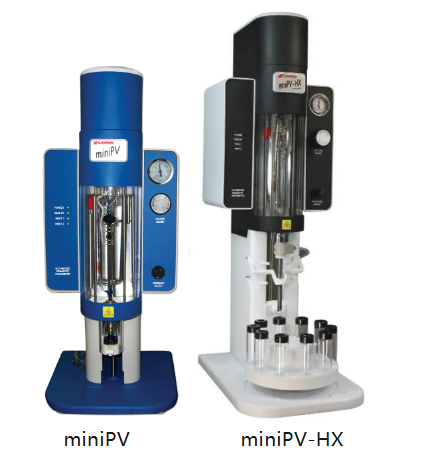The average molecular weight is one of the important parameters of polymers, significantly impacting their mechanical properties, solubility, and flow performance. It also plays an important role in the optical, electrical, and thermal properties of polymer materials.
The method of measuring polymer characteristic viscosity and calculating the viscosity-average molecular weight using the Ubbelohde viscometer offers advantages such as simple operation, high experimental accuracy, and broad applicability. The viscosity-average molecular weight more directly reflects the size of the molecules and the flow characteristics of the solution.
Despite the many advantages of the Ubbelohde viscometer method, the manual operation process often involves cumbersome steps, strict temperature control requirements, and difficult cleaning. The introduction of the automatic Ubbelohde viscosity polymer measurement instrument not only simplifies the operation but also effectively reduces the safety risks associated with the volatile solvents used in preparation.
The Cannon miniPV series fully automatic polymer dilute solution dynamic viscosity tester can accurately and quickly measure the viscosity of polymer dilute solutions and calculate relative viscosity, characteristic viscosity, specific viscosity, and intrinsic viscosity, in compliance with ASTM D2857, ISO 1628, ASTM D1243, D1795, D4243, GB/T 1632, GB/T 3401, GT/T 12006, USP 911, PAPTAC G.24P, and other standards.The miniPV series features an improved Ubbelohde viscometer, with a standard viscosity range of 0.02 to 700 cSt. If you require a wider range, Cannon also offers customization services to meet your needs. The highly integrated miniPV uses Peltier cooling technology, extending the detection range to 15 to 100°C without the need for an external cooling device, with a temperature control deviation of only ±0.01°C.
The miniPV offers two types of sensors, thermal and optical, allowing flexible configuration based on the application scenario to ensure accurate testing and compatibility with a variety of materials. It is suitable for testing most polymers, including elastomers, plastics, TPE, copolymers, biopolymers, oligomers, prepolymers, resins, and viscosity modifiers. Its compact size allows for easy placement in a fume hood, reducing the emission of harmful gases, and it is equipped with a 10-position automatic sampler, greatly improving testing efficiency.
If corrosion resistance is required for the test, the miniPV-HX is an excellent choice. The miniPV-HX uses Teflon material to meet the instrument's requirements for solvent and acid corrosion resistance. Both the miniPV-HX and miniPV feature a dual-solvent cleaning system and a compressed air drying system, ensuring instrument cleanliness and reducing cleaning time.

The Cannon miniPV series fully automatic polymer dilute solution dynamic viscosity tester is a valuable tool for your polymer research and quality control!

